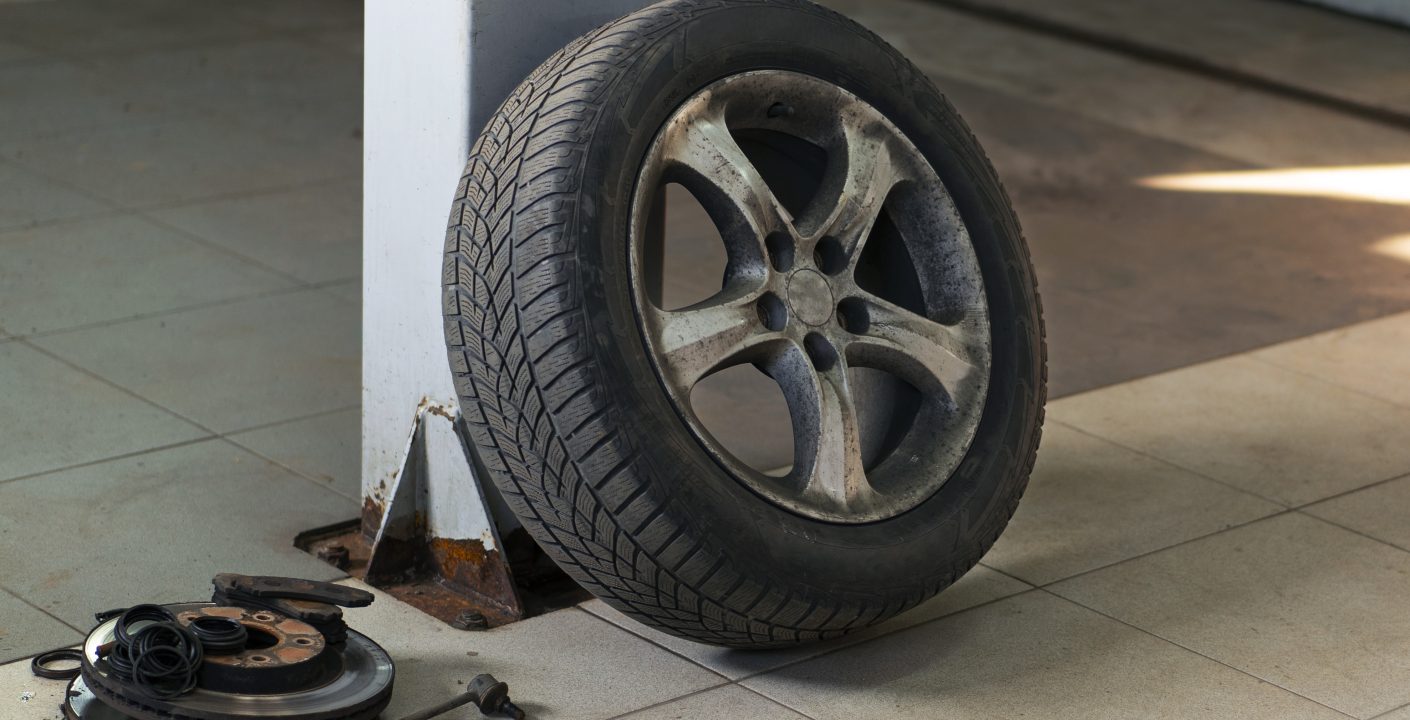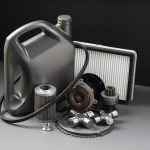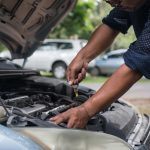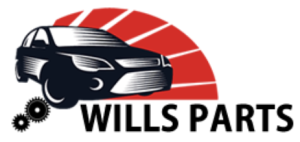The Importance of Tire Pressure

Maintaining the correct tire pressure is crucial for both safety and performance. Optimal tire pressure keeps you safe and promotes fuel efficiency and tire longevity. This article examines the importance of tire pressure, how it affects your driving experience, and essential tips for maintaining optimal tire pressure.
Importance of Tire Pressure:
-
Safety:
Proper tire pressure ensures maximum traction, stability, and control, especially during emergency maneuvers or adverse weather conditions. Underinflated tires increase the risk of blowouts and loss of control, while overinflated tires reduce grip and increase braking distance.
-
Fuel Efficiency:
Correct tire pressure minimizes rolling resistance, improving fuel efficiency and reducing carbon emissions. Statistics show that underinflated tires can decrease gas mileage by up to 0.3% for every 1 psi drop in pressure.
-
Tire Longevity:
Incorrect tire pressure accelerates tire wear, leading to premature replacement and additional expenses. Overinflated tires wear out the center tread faster, while underinflated tires wear out the edges. Maintaining optimal pressure extends tire lifespan and saves money in the long run.
-
Handling and Performance:
Properly inflated tires contribute to responsive handling, smoother rides, and consistent performance. The right tire pressure enhances overall driving dynamics.
How to Maintain Optimal Tire Pressure:
-
Regular Inspection:
Check tire pressure at least once a month using a reliable pressure gauge when the tires are cold (haven’t been driven for several hours). Refer to the vehicle owner’s manual or the placard located on the driver’s side door jamb for the recommended pressure. Each vehicle has its own specifications for tire pressure, but most fall between 28 and 36 PSI (pounds per square inch).
-
Inflate Properly:
Use an air compressor to add air if the pressure is low, ensuring it matches the manufacturer’s specifications. Avoid overinflating, as it can lead to a harsher ride and decreased traction.
-
Monitor Tire Wear:
Inspect tires for uneven wear patterns, bulges, or cracks, which may indicate improper pressure or other issues. Address any abnormalities promptly to prevent further damage or safety hazards.
-
Consider External Factors:
Tire pressure can fluctuate due to changes in temperature, altitude, and driving conditions. Adjust pressure accordingly, especially before long trips or extreme weather conditions.
-
Rotate Tires Regularly:
Rotate tires according to the manufacturer’s recommendations to promote even wear and maintain consistent performance. Properly inflated tires wear more evenly, extending their lifespan and maximizing value.
Tire pressure is a fundamental aspect of vehicle maintenance that directly impacts safety, fuel efficiency, and performance. By understanding the importance of tire pressure and following proper maintenance procedures, drivers can enjoy smoother rides, improved handling, and enhanced safety on the road. Make tire pressure checks a routine part of your vehicle care regimen to ensure optimal tire performance and longevity.







